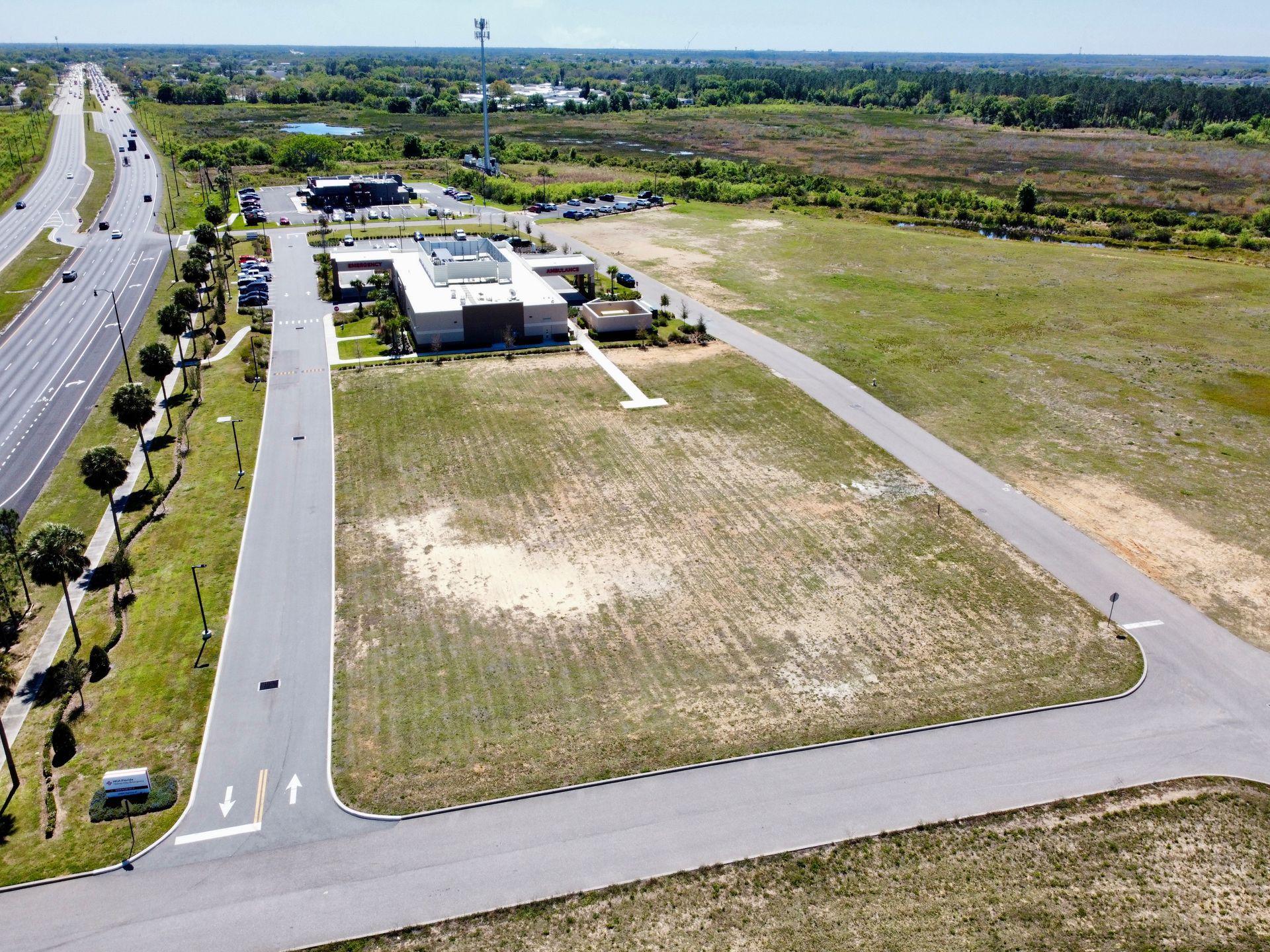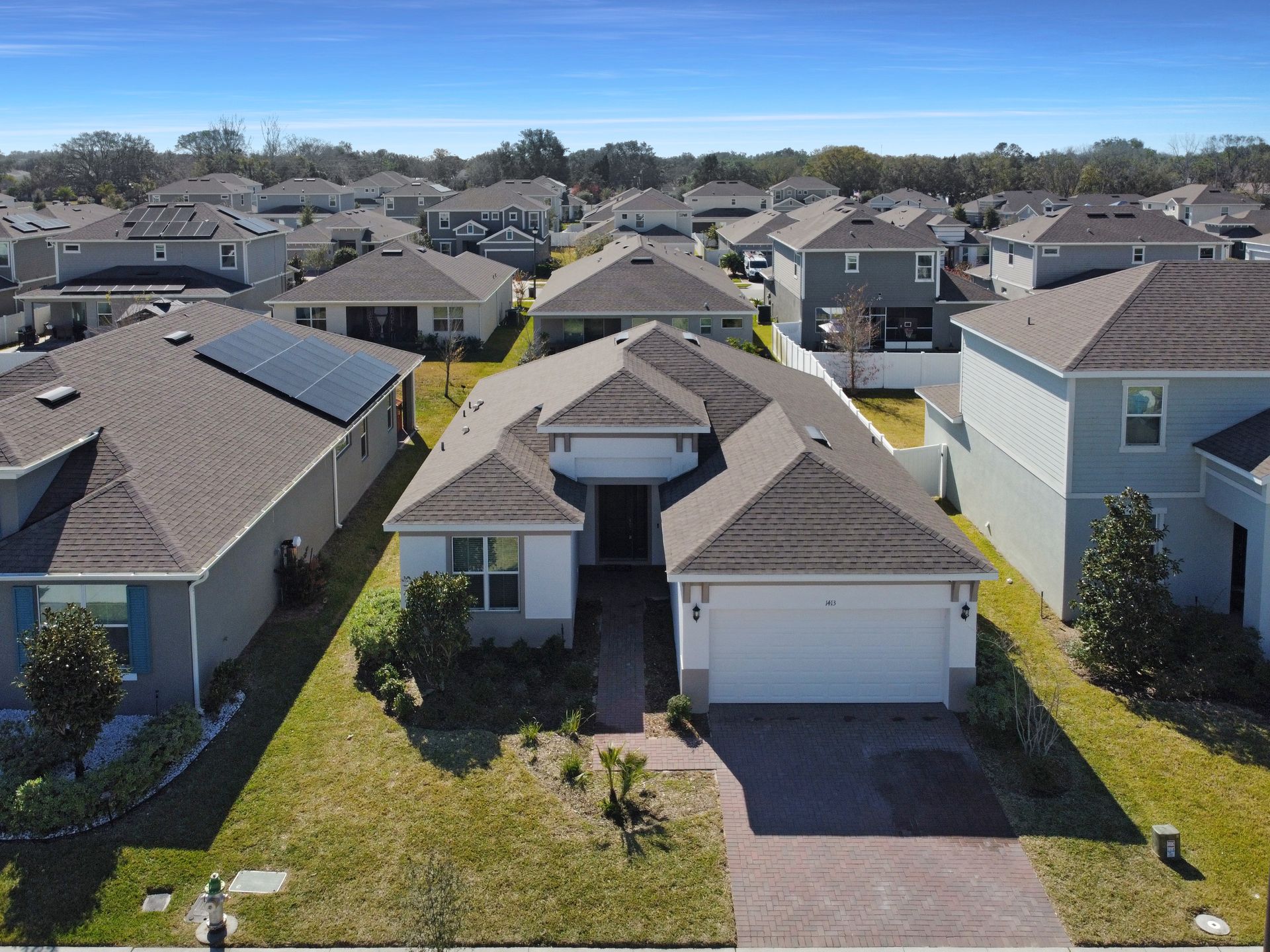Should You Install a Fence on Your Rental Property?
Lucas Oliveira • February 25, 2025
When investing in a rental property, deciding whether to install a fence is an important consideration.
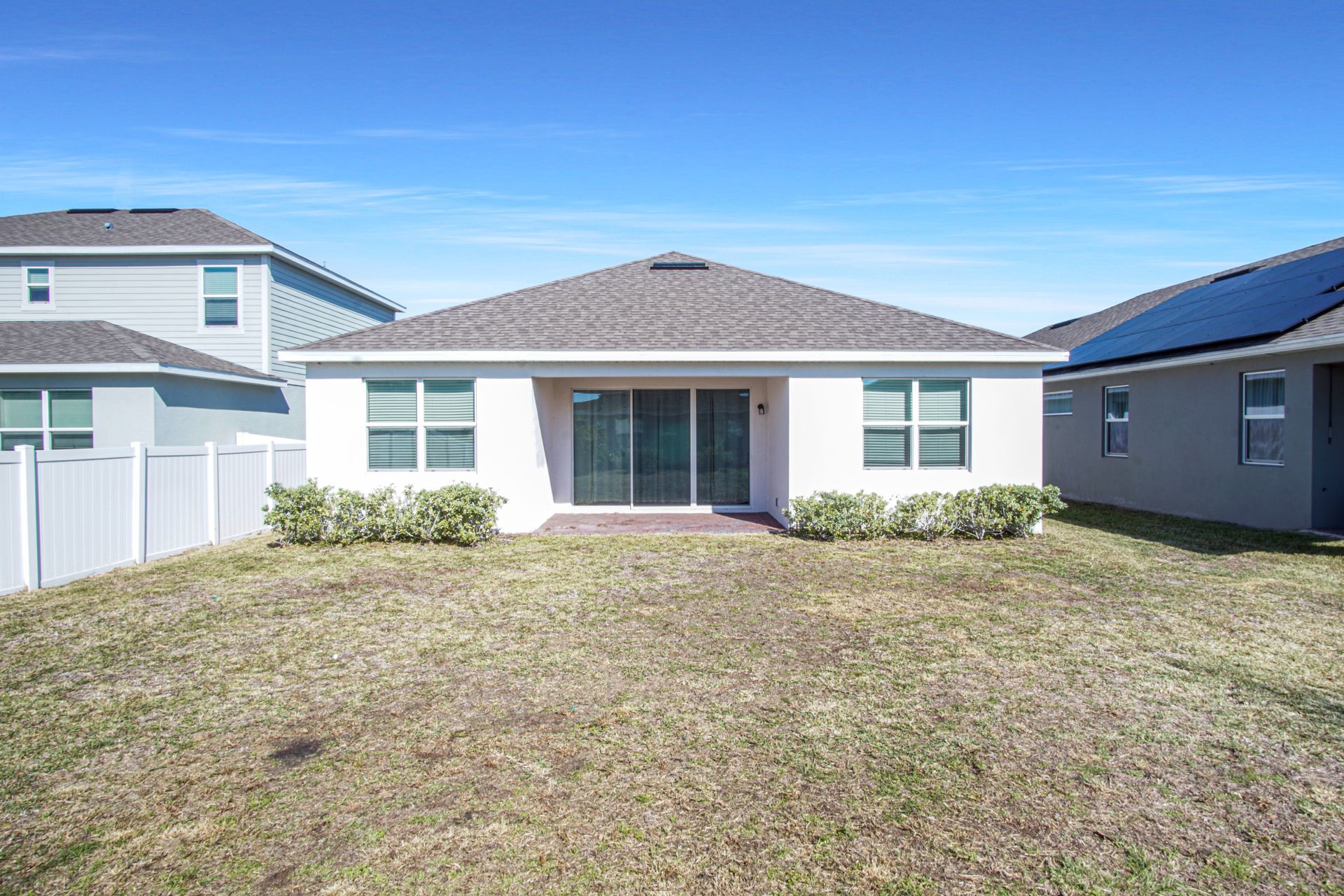
While a fence can offer benefits like security, privacy, and a pet-friendly environment, it also comes with costs, maintenance responsibilities, and potential HOA restrictions. Below, we’ll explore the pros and cons to help you determine if a fence is the right choice for your investment home.
Reasons to Install a Fence
1. Liability & Safety for Homes with Pools
If your rental property has a pool, installing a fence is not just a smart choice—it may also be a legal requirement. Many municipalities in Florida have laws mandating pool enclosures to prevent accidents, particularly involving children. A secure fence can reduce liability concerns and provide peace of mind for both landlords and tenants.
2. Security & Privacy
A fence can enhance security by creating a barrier between the property and the outside world. This added privacy can make the home more appealing to tenants, particularly families who value a secure outdoor space for their children to play.
3. Pet-Friendly Advantage
Renters with pets often seek properties with fenced yards, making your rental more attractive to a broader audience. Since pet-friendly rentals are in high demand, a fence could help reduce vacancy rates and encourage longer lease agreements from tenants who want a secure outdoor space for their animals.
Reasons to Skip the Fence
1. Limited Return on Investment (ROI)
While a fence can make a rental home more desirable, it typically does not allow landlords to charge significantly higher rent. Unlike kitchen upgrades or additional bedrooms, a fence rarely justifies a notable rent increase, meaning the cost of installation may not be recouped through higher rental income.
2. Maintenance Concerns
Even if your lease states that tenants are not responsible for fence repairs, they will often expect it to be maintained. Over time, wood fences may rot, metal fences can rust, and vinyl fences may suffer storm damage. This creates an ongoing maintenance expense that may not be worth the initial investment.
3. Florida’s Harsh Weather
Florida is no stranger to hurricanes, strong winds, and heavy rain. Fences can take a beating during storms, leading to costly repairs or replacements. If your rental is in an area prone to severe weather, installing a fence may add another item to your storm-preparation and post-storm repair list.
4. HOA & Zoning Restrictions
Many homeowners’ associations (HOAs) have strict rules regarding fence height, material, and placement. Navigating these regulations can be time-consuming and may lead to additional expenses to ensure compliance. Even if your property isn’t in an HOA, local zoning laws may dictate what type of fencing is allowed.
Final Thoughts
Deciding whether to install a fence on your rental property depends on your goals, location, and budget. If security, privacy, and attracting pet owners are top priorities, a fence might be worth the investment. However, if the potential for increased rent is minimal and maintenance costs are a concern, it may be best to skip it.
At Haines and Haven Residential, we help property owners make smart investment decisions to maximize their rental income while minimizing stress. If you have questions about managing your rental property, contact us today—we’re here to help!

By Lucas Oliveira
•
March 31, 2025
A Shrine Built on Faith In the 1920s, a group of French Canadian Catholics, seeking a place of worship during their winter stays in Florida, built St. Anne’s Shrine. Inspired by the famous Grotto of Lourdes in France, they believed this location—with its rolling hills, tranquil lake, and serene surroundings—was the perfect place to honor St. Anne, the mother of the Virgin Mary. The shrine was named Ste. Anne des Lacs (St. Anne of the Lakes), reinforcing the connection between their faith and the natural beauty of the site. A Place of Pilgrimage For decades, St. Anne’s Shrine became a spiritual refuge. Every year on July 26th, the Feast of St. Anne, pilgrims gathered to pray, seeking healing and blessings. The site featured a stone grotto, a small chapel, and religious murals, serving as a place of devotion for both locals and seasonal visitors. The Decline and De-Sanctification By the 1960s, as the original community of French Canadian worshippers dwindled, the shrine fell into disuse. Without regular maintenance, nature began to reclaim the site. The Catholic Church eventually de-sanctified the shrine, removing its official religious status. The statues and religious symbols were taken away to prevent vandalism, and what was once a thriving pilgrimage site faded into history. What Remains Today Though the shrine is no longer an active place of worship, remnants of its past can still be found. The stone platform in the lake, the faint outlines of old paths, and scattered ruins remind visitors of its former significance. While much of its physical presence has disappeared, its spirit lingers—inviting those who visit to reflect on its history and the faith that built it. A Hidden Gem Worth Discovering For those who appreciate history, spirituality, or simply the beauty of forgotten places, St. Anne’s Shrine is a unique site to explore. It serves as a quiet reminder that some places, though no longer bustling with worshippers, still hold the echoes of devotion and the presence of something greater. Have you visited the remains of St. Anne’s Shrine?
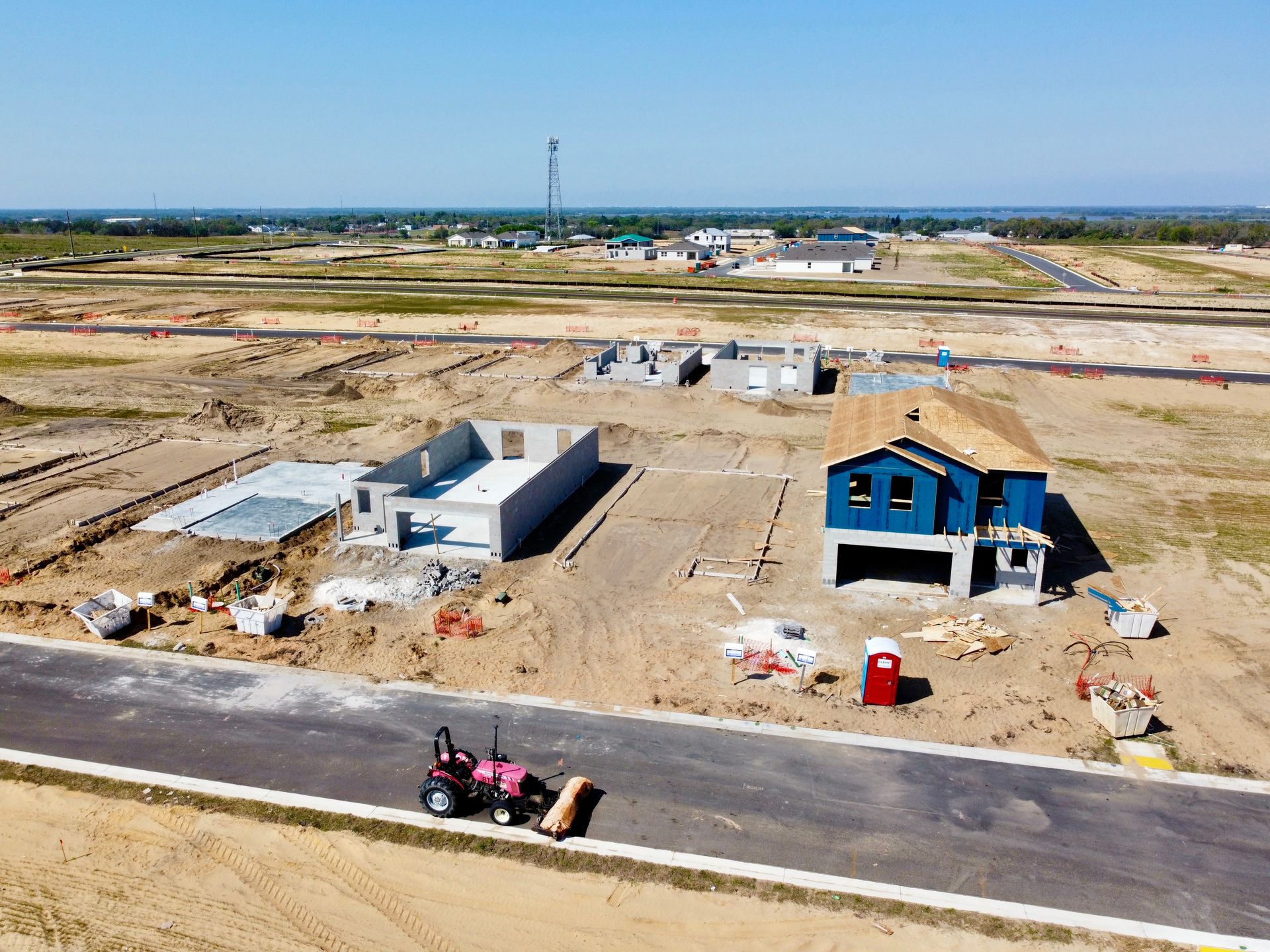
By Lucas Oliveira
•
March 10, 2025
Who Controls Development in Haines City? A common misconception is that Haines City has full control over whether new housing developments get approved. In reality, while the city can set zoning laws and building requirements, it cannot legally deny a development if it meets all established criteria. If the city were to reject a project that complies with local regulations, it could face lawsuits from developers. The real power over large-scale development decisions often lies at the state level, where policies are made that limit how much control local governments have. Developers frequently lobby state lawmakers to ensure regulations favor growth, making it easier to build new housing and infrastructure. Why Is Development Happening So Fast? Several factors contribute to the rapid growth in Polk County: High Demand for Housing: Florida continues to see population growth, and Polk County’s location between Orlando and Tampa makes it an attractive option for new residents. Pro-Growth State Policies: Florida has passed laws that limit local governments’ ability to slow down development, often favoring builders and large-scale projects. Developer Influence: Builders and real estate groups actively lobby state lawmakers to ensure policies make it easier to develop land quickly and efficiently. What Can Be Done to Manage Growth Responsibly? While local governments can’t outright stop development, they can take steps to ensure that growth happens in a way that benefits both new and existing residents. Some key areas where Haines City and Polk County could make improvements include: Expanding Roads & Infrastructure – Ensuring new developments contribute to road expansions and traffic management solutions. Protecting Water Resources – Polk County relies on an aquifer for drinking water, and increased development means more demand on this limited resource. Managing School Overcrowding – Many local schools are already at capacity, and rapid development adds more students to the system without always accounting for new schools or expansions. How Can Residents Make a Difference? If you’re concerned about overdevelopment, the best way to take action is to stay informed and involved in local and state decision-making processes. Here’s how: Attend Local Meetings – City council and county commission meetings often discuss zoning changes and development plans. Engage with State Representatives – Since many policies are made at the state level, contacting your local representatives can help push for smarter growth regulations. Advocate for Better Infrastructure Planning – Support initiatives that require developers to contribute more to roads, schools, and water management. Final Thoughts Haines City and Polk County are growing—there’s no denying that. But growth doesn’t have to come at the expense of quality of life. By advocating for smarter planning and responsible infrastructure development, residents can help shape a future where our communities remain livable, sustainable, and well-prepared for continued expansion. What are your thoughts on the rapid growth in Polk County? Share your opinions in the comments below!
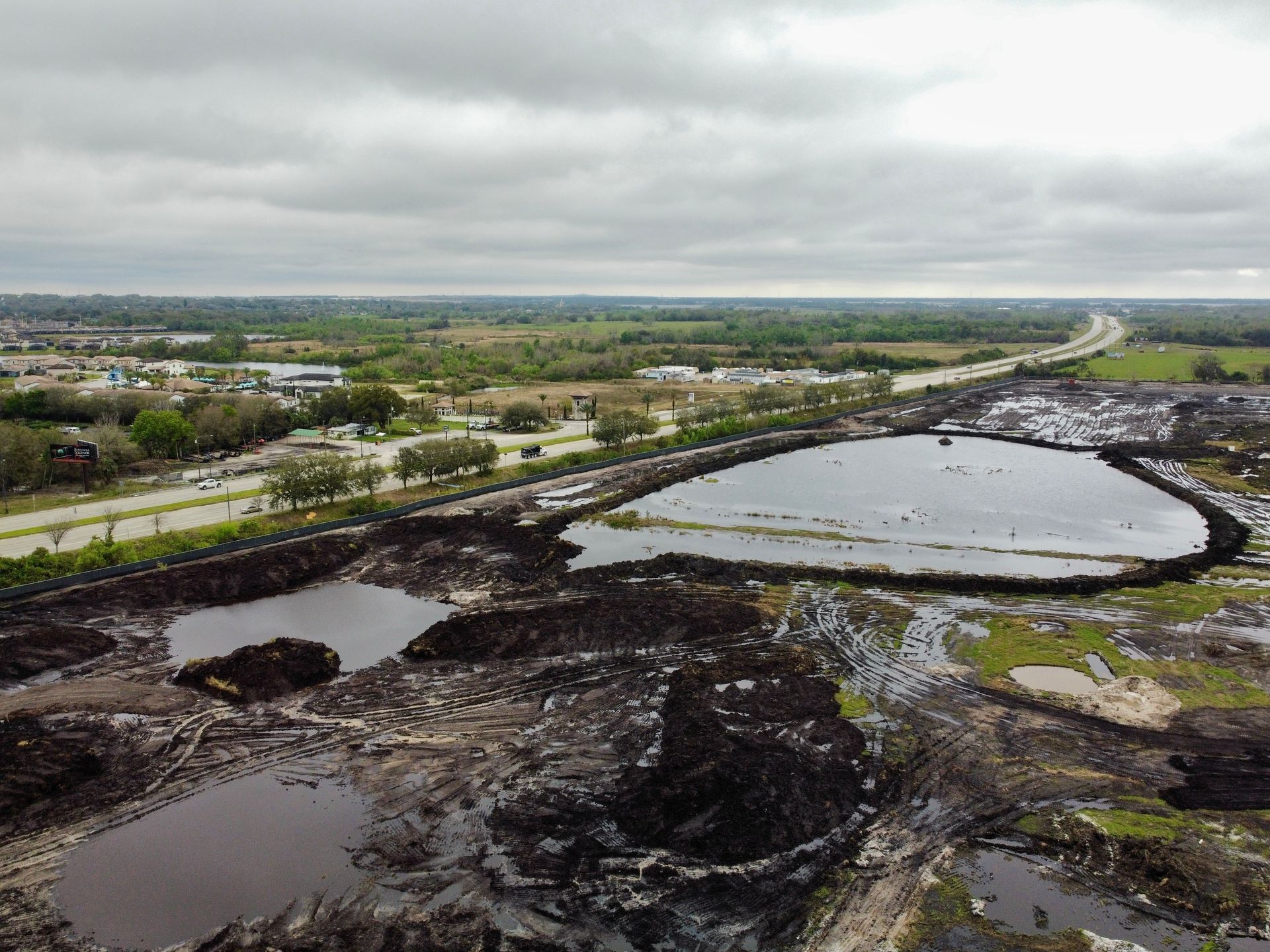
By Lucas Oliveira
•
March 3, 2025
Haines City is experiencing significant growth, and a new development is set to enhance the area’s appeal for residents, businesses, and investors alike. The upcoming Crossroads Village Center is a 120-acre mixed-use project that will be located at the intersection of U.S. 27 and Polk City Road. This development will bring much-needed retail, dining, housing, and hospitality options to the heart of Central Florida. One of the most exciting additions to this development is the introduction of a brand-new Target, providing convenient shopping options for residents and visitors. In addition to Target, the project will include multiple new restaurants and retail spaces, catering to the growing demand for dining and entertainment in the area. A hotel will also be part of the development, offering accommodations for travelers and boosting local tourism. Furthermore, new residential housing will be integrated into the project, providing more opportunities for individuals and families looking to settle in Haines City. The Crossroads Village Center is expected to be a game-changer for Haines City’s economy. With new businesses and amenities, the development will create jobs, increase property values, and enhance the overall quality of life for residents. As the city continues to expand, this project will play a key role in shaping its future and attracting more people to the area. For those considering investing in Haines City, now is the time to explore opportunities. The demand for housing and commercial properties is growing, and developments like Crossroads Village Center signal a strong and promising market. Whether you are looking to buy, sell, or invest, staying ahead of these changes can help you make informed real estate decisions. At Haines and Haven Residential, we specialize in helping homeowners, investors, and renters navigate the evolving real estate landscape. If you are interested in learning more about how this development could impact your real estate goals, we would love to assist you. For more information, contact us today at info@hainesandhaven.com or visit our website at www.hainesandhaven.com.


